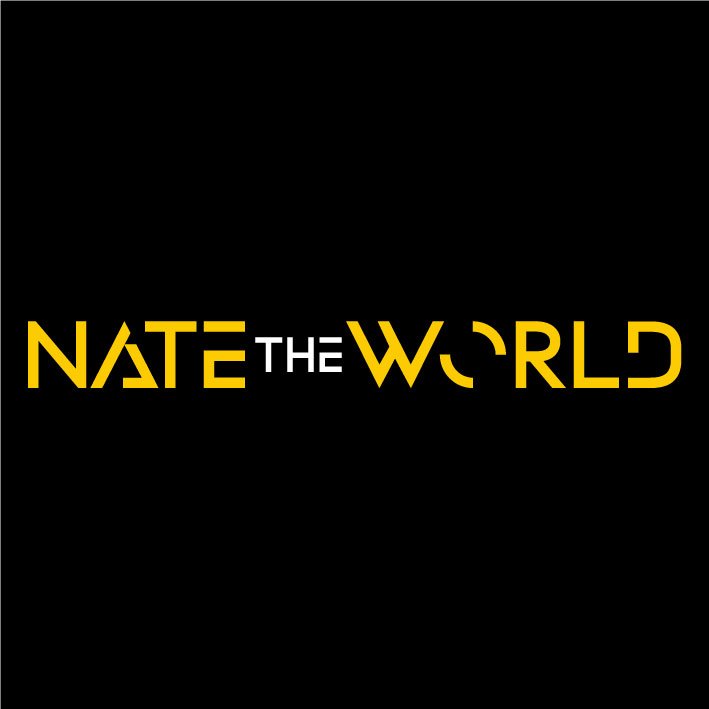My father died proud of his service during the Vietnam War. Whether he felt the war was justified is still shaky ground. Nevertheless, he was a proud Navy man, proud of the friends he made, proud of the places he visited abroad, proud of the doors opened because of his service, proud of most of the experiences collected.
He understood the protests but died angry at those who protested the war by turning their anger and outrage toward those fighting. When my younger brother returned from the war in Iraq, I sensed some jealousy and a bit of relief that America had learned to protest a war without anger being directed at those who serve. For his part, patriotism would have never allowed my father to burn his draft card. He was a poor kid from Manitou, Oklahoma. He was not headed to college. So, he chose to enlist. If he had to go, he wanted to see the world and he knew the Navy would provide that opportunity.
From Hawaii to Australia, to Singapore, to Japan, to Laos, and many more destinations, this kid from a rural community was able to see the world. Those experiences sustained him. He talked about them often and with deep appreciation. When the travel bug started biting me, he would often encourage me to head for Singapore and the Singapore Hilton. Once there, I had to have a Singapore Sling. That experience is still on my bucket list.
My dad famously wore a Vietnam War belt buckle. This is how I learned of his service. Naturally, my questions began. My father was always patient and protective. As a young kid, he would talk about patrols, friends, his love of Japan, trying to keep his mother from worrying, and the music of the era. As I grew older, he began to reveal much more.
I would learn of the time he was on guard duty in a tower. They were instructed to keep people away from their camp for fear of bombings. While in the tower, a small Vietnamese child began running toward the front gate. My dad yelled at the kid in Vietnamese and English, “To Stop!” “Back Up.” The child kept running. My dad fired warning shots, but the child insisted. Eldon was forced to shoot the kid and he exploded. Someone had forced the child to wear an explosive device and run toward the camp.
I also learned of the night my father and his platoon were captured by the North Vietnamese. They were taken into custody, tortured, and fed meals covered in excrement and ejaculate. Knowing his food was being tampered with, my dad and the other sailors ate rats running through their cells (one of the reasons he could not stand to watch anything with rodents in it).
Fed up and seemingly out of options, my father asked the guard on duty to come to his cell door one night. When the guard arrived, my father pulled him violently close, and they stole his keys. Freeing the others, they escaped. In the chaos, my dad’s best friend was shot and killed.
Both events traumatized my father deeply. His nightmares lasted well into the ’80s and were often violent. When I look back on these stories, I am shocked and saddened, but there were also laughs to be found in his stories of war like the night he discharged his weapon in a barrack because his fellow sailors were being lazy and did not want to go on patrol. He was promptly demoted for that episode.
Listening to those stories and reflecting upon them now, I cannot imagine being 18 or 19-years-old in the same ordeal. I do not know if I possess or will ever possess that sort of strength.
When I was a senior in high school, my dad came and spoke to my American history class about his experience. It was the first time he told many of the stories I have shared here today and many of the stories shared around our kitchen table. If I am honest, I have never been prouder of my father than I was in that moment. He inspired me that day. We became closer friends after that experience.
Eldon, my father, and my friend is gone now. He fell victim to a cancer directly linked to Agent Orange exposure; a chemical used in the Vietnam War to clear thick foliage. His battle with cancer lasted 10 long years. In all that time, he never blamed or cursed his country. He praised his care and the Veterans Administration. He was patriotic until the very end. As his son, this patriotism inspires me still.
I have many thoughts about war. It is the devolution of man and only begins when compromise ends, and we should always pursue peace more than anything else. Still, my father, the man who made us stand perfectly still during the National Anthem and would not let me come home on my 18th birthday until I registered for Selective Service, makes me want to be a better patriot.
Be good to each other,
Nathan
This website exists because of readers and supporters. If what you just read made you smile, please consider supporting the website with a monthly gift. Your support means everything and proves to the world that original content still matters.

